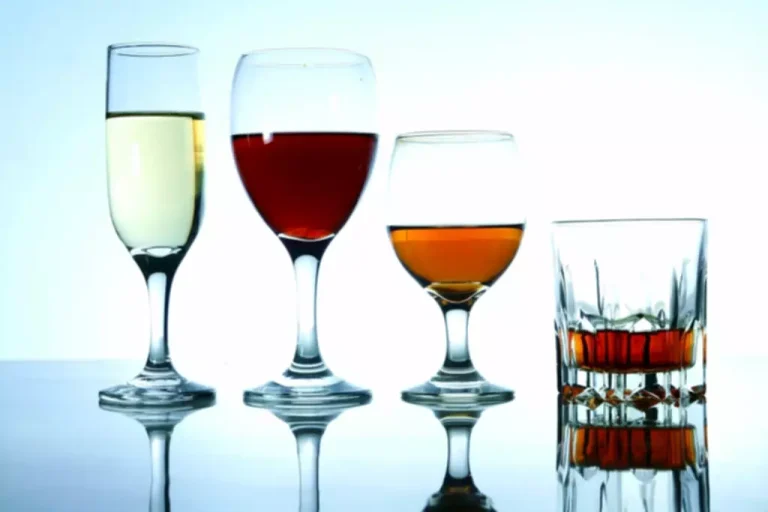How to Stay Sober Without AA

Recovering from addiction is a challenging journey, but a joyous journey to undertake nonetheless. No matter your level of addiction before the decision to get sober, you may need helping hands with your recovery efforts. You would need unwavering support to help you get to the other side. This fact has led to the birth of some big addiction support groups like AA.
AA means Alcoholics Anonymous, an addiction treatment program created to help alcoholics or substance abusers get sober with abstinence through fellowship. It is a community-based group that costs nothing to join. It involves groups of people coming together to talk about their experiences, sharing in each other’s hopes and strengths to solve their common problems.
However, not many people would like to share their problems with other people, which is okay. Personalities differ, and it is not strange that while some people do well with crowds and support groups, others do worse if forced into the practice. This realization begs the quest for other ways to get sober without the AA groups and the likes.
Must I Join AA to Get Sober?
While connecting people with similar problems during a recovery journey is advisable, some may find it an invasion they’d rather avoid. In addition, the belief and religious aspects of the twelve steps of the AA recovery treatment might hinder people whose beliefs negate what the organization preaches.
Some people might have trouble getting there on time or at all due to other activities. In some cases, people lack the means to get to AA meeting sites. Therefore, you must find an effective, close alternative that could bring the same results as being in the help treatment medium.
Substance abuse could become life-threatening if not treated, and the treatment methods should not stop you from your attempt to get better. How then do you stay sober without AA?

Take back control of your life and start on the road to recovery now.
How to Stay Sober Without AA
There are many ways to stay sober, if you have decided that AA is not for you. Some of them include your average self-improvement practices that take lots of self-discipline and self-control (however, your addiction days are over once you fully get into it).
Keep reading to know some of the practices to employ to get sober without AA include.
Healthy Living
Severe abuse of drugs or alcohol can take a significant toll on you in more ways than one. It could affect your emotional, mental and physical health. As a result, one of the most effective methods to combating addiction and staying sober is through healthy living.
Healthy living defines the balanced functioning of a human’s physical and mental state. The impairment of one directly impacts the other. Thus, the first step in ensuring a healthy life is keeping these areas of your health in check constantly. Some of the ways through which you can maintain healthy living include:
Eating healthy
All humans need food in different proportions, and what we eat shows who we are. In your journey towards sobriety, you must avoid unhealthy foods. If there are foods or drinks that make you relapse in your sobriety efforts, avoid them.
In addition, never miss mealtime, and your meals should consist of healthy food, otherwise known as a balanced diet.
Never overeat or eat too little; eat the portion that will satisfy your hunger and stop at it. It is essential to avoid soda or any food with a wink of alcohol. Should you be unable to stay off drinks, diet drinks would be an excellent alternative.
Exercising
Exercise or physical activities are a significant source of serotonin, which some refer to as the ‘happy enzyme.’ Exercising before any other activity will give you a head start on your day.
Regular exercise, recreational activities, and relaxation activities (like meditation) are excellent approaches to healthy living.
In addition to diet and physical activities, another way to live healthily is to avoid sleeping too little or oversleeping. Sleeping is an excellent form of rest, but you must sleep and get up at appropriate times to prevent lag or relapse.

Clear Up Past Mistakes
Most former drug or substance abusers make their way towards sobriety without forgetting about their hurtful pasts, which should not be so. To have a smooth recovery journey, you must be guilt-free. Guilt is one of the worst feelings to have, and it could have you relapsing in no time.
Before taking the first step, find it within yourself to forgive any shame and avoid being hard on yourself. Meet friends or loved ones you hurt through your past actions or alcoholism. Going into a venture guilt-free gives more chances of success.
Strike A Balance In Your Life
A typical attitude with people new to self-recovery treatment is how they attack whatever new hobbies they pick up with a frightening force, which could be dangerous. In doing so, you might end up just substituting an addiction for another.
Although healthy, these new activities could become fatal if the exact time you feel the urge towards substance abuse, you pick it up instead. The perfect solution would be to strike a balance. Understand that you have a chance to do this, but you choose not to because it is terrible for your health, and you no longer want to be involved.
Doing this will help you cultivate an everlasting self-resistance to help you keep addiction in check.
Medications
Another way to stay sober is through the use of medications, although it’s not widely practiced yet. Some doctors often avoid the method because it involves prescribing a drug to someone who is already into substance abuse.
Medications in alcohol abuse cases help those who want to reduce their drinking habits or stop entirely by reducing the urges in them.
In most cases, for psychological changes to occur for sobriety, you need the use of medication and the FDA has approved three drugs: Disulfiram, Naltrexone, and Acamprosate.
Personal Counseling
While the idea of sharing your journey with a group may be unappealing, you may still need someone to walk you through it. Moreover, you could still need a support system to always hold you accountable in your journey to sobriety.
Therefore, you need to seek counseling. Since there are always experts in the field who are ready to help, seeking counseling is a great way to go if you want to stay sober without AA.
Now, suppose you don’t mind a support group but would not join AA because the spiritual aspects might clash with your belief or unbelief. In this case, there are several belief-neutral support groups out there. Some of them include:
Self-Management and Recovery Training (SMART)
The SMART Recovery is a self-help support group for people who want to abstain from drugs, alcohol, or other substance abuse practices.
Women for Sobriety
The Women for Sobriety Program assists women in changing their harmful thoughts and behavior patterns to live a healthier and happier life in recovery.
Moderation Management
Suppose you are not interested in stopping entirely, but you desire a way to reduce your substance intake. In this case, Moderation Management is good. The organization aims to target drinking problems and moderate them before they become a huge problem.

This can be a difficult journey, but you don’t have to go it alone. Let us be your guide and provide you the environment needed to regain control of your life and begin the path to recovery.
Conclusion
You do not have to belong to Alcoholic Anonymous (AA) to get through your sobriety journey. However, if you have an addiction problem and wish to put it behind you, you must get started today. The first step is usually the hard one, and we understand your reluctance.
Getting through the journey is as hard as it gets, and you should not have to take the trip alone. EcoSoberHouse offers you the flexibility you need to get through your sobriety journey, and a community of like-minded people to walk you towards good health.
To get started on this exciting and challenging journey to sobriety, reach out to us or visit our ecosoberhouse.com, and we will hold your hands till you are ready to let go.




